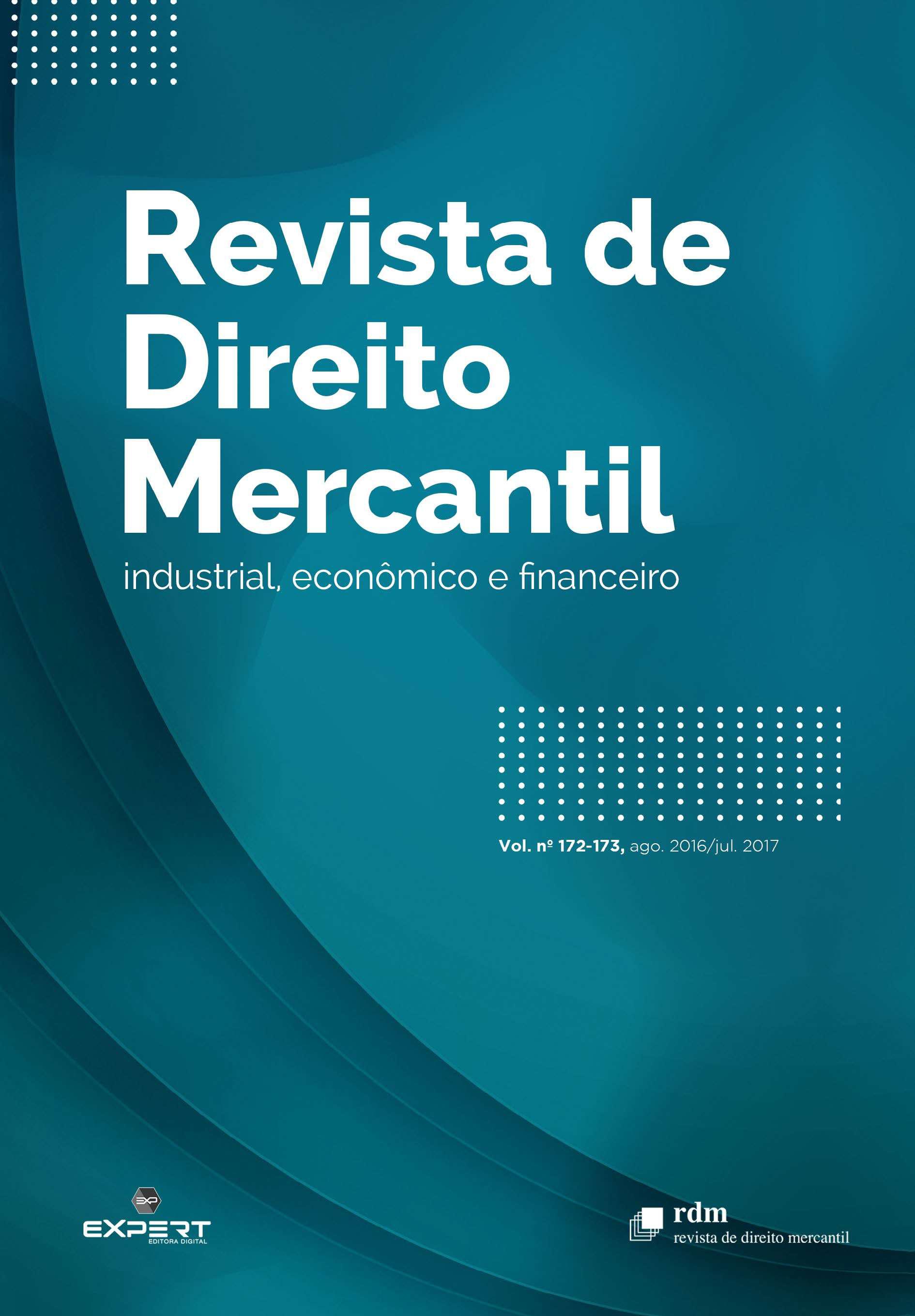Beyond legal formalism in Brazil
the Law and Poverty Group experience
Palavras-chave:
Legal education, Legal structuralism, Teaching methodologies, Interdisciplinary materials, Conductive learningResumo
Efforts in legal education have been made to adapt the curriculum, teaching methodologies, and materials to bring students attention to the matters concerning the linkages between poverty, inequality, human rights, and development. In Latin America, due to its socio and economic realities, these efforts are permanently required. The present research aims at exploring and documenting the experience of the Law & Poverty Group (LPG), founded in 2006 at the University of São Paulo Law School. More specifically, this paper discusses the implementation of the LPG approach of three interlocking cycles (formation, investigation, and intervention), considering its teaching methodologies, and multidisciplinary materials, which focuses on legal, historical, and institutional perspectives to address effectively the challenge of poverty and inequality. Ultimately, the purpose of this paper is to postulate reproducing patterns of the LPG experience, spreading critical legal thinking and action in unequal countries. This paper is structured in following three parts. First, it presents the creation of the LPG and its themes related to Legal Structuralism and the required multidisciplinary approach. Second, it presents how the conductive learning is applied in the LPG, enabling students to participate in discussions, critically understand Brazilian problems actively, and creatively produce solutions pulling away compensatory measures, blind legal transplants and one-size-fitsall models. Following, it presents LPG´s projects, focusing on three initiatives: a book, a case, and a database. Finally, it presents the LPG perspectives for the future, and what it is in for the next ten years.
Referências
BASSO, Maristela; SALOMÃO FILHO, Calixto; POLIDO, Fabricio; CÉSAR, Priscilla. Direitos de Propriedade Intelectual e Saúde Pública. São Paulo, IDCID, 2007.
FAORO, Raymundo. Os Donos do Poder: Formação do Patronato Político Brasileiro. 2000. São Paulo: Globo, 21.
FURTADO, Celso. Formação Econômica do Brasil, Companhia das Letras, 34ª ed. São Paulo, Companhia das Letras, 2007.
GRUPO DIREITO E POBREZA. www.direitoepobreza.com.br
HAKE, R, Interactive Engagement versus Traditional Methods, 66 American Journal of Physics 64. 1998.
IPEA - INSTITUTO DE PESQUISAS ECONÔMICAS APLICADAS. Nota Técnica: Sobre a Recente Queda da Desigualdade de Renda no Brasil, 2006.
MYRDAL, Gunnar. Appendix 2, The Mechanisms of Development and Underdevelopment” in Asian Drama, Vol. III, 1968.
NOBRE, MARCOS, Apontamentos sobre a pesquisa em direito no Brasil. Cadernos DIREITO GV, 2005, v.1, n.1. Available at http://bibliotecadigital.fgv.br/dspace/handle/10438/2779.
NORTH, Douglass C. Custos de Transação, Instituições e Desempenho Econômico. Rio de Janeiro: Instituto Liberal, 1998.
OSTROM, Elinor. Governing the Commons: The Evolution of Institutions for Collective Action. Cambridge: Cambridge University Press, 1990.
POLANYI, Karl. The Great Transformation (1944), 2001 Beacon Press edition.
PORTUGAL GOUVÊA, Carlos. Social Rights Against the Poor. Vienna Journal on International Constitutional Law, Vol. 7, 4/2013, p. 454-475Disponível em: https://papers.ssrn.com/sol3/Delivery.cfm/SSRN_ID2432330_code1727667.pdf?abstractid=2219890&mirid=1
POSNER, Richard A. Creating a Legal Framework for Development. The World Bank Research Observer, Vol. 13, The World Bank, 1998.
RITTICH, Kerry. A View from the Left: International Economic Law. NYU Review of Law & Social Change. Vol. 31, 2006, 670-678.
SALOMÃO FILHO, Calixto, Interesse social: a nova concepção, in O novo direito societário, 2ª ed., São Paulo, Malheiros, 2002, 25-51.
___________, A Legal Theory of Economic Power: Implications for Social and Economic Development. 1st ed. Edward Elgar. 2012.
___________, Monopolies and Underdevelopment, Edward Elgar, 2015
SALOMÃO FILHO, C.; FERRÃO, Brisa Lopes de Mello; e RIBEIRO, Ivan César. Concentração, Estruturas e Desigualdade: As origens coloniais da pobreza e da má distribuição de renda. São Paulo, IDCID, 2008.
SEN, Amartya. Desenvolvimento como Liberdade. São Paulo: Companhia das Letras, 2000.
STIGLITZ, Joseph, “Is there a post-Washington Consensus Consensus?” and “The Barcelona Development Agenda” in Narcis Serra and J. Stiglitz (eds) The Washington Consensus Reconsidered: Towards a New Global Governance (2008)
VIANNA, Oliveira. Instituições Políticas Brasileiras. Rio de Janeiro: José Olympio, 1955.
WILLIAMSON, John. What Washington Means by Policy Reform, in Latin American Adjustment: How Much Has Happened? Washington: Institute for International Economics, 1990.
VEBLEN, Thornstein. A teoria da classe ociosa: um estudo econômico das instituições. São Paulo: Nova Cultural, 1987
Publicado
Edição
Seção
Licença
Copyright (c) 2022 Lílian Cintra de Melo, Carlos Pagano Botana Portugal Gouvêa, Raquel de Mattos Pimenta

Este trabalho está licenciado sob uma licença Creative Commons Attribution-NonCommercial-NoDerivatives 4.0 International License.


